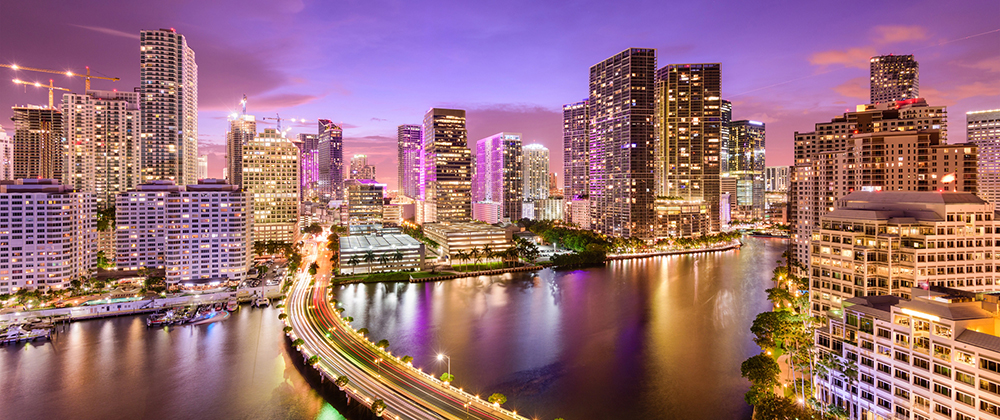There are countless people who after a lifetime of working hard and doing everything they could to perform at the best of their abilities, they are denied the ultimate recognition that their degrees give them because they are undocumented. All across the country, countless individuals who came to this country to pursue their dream and have managed to attain degrees for themselves are being held back by their immigration status that prevents them from working in their field as they should. In Florida, Jose Godinez-Sampiero, a man who came to this country illegally through no fault of his own as a child, and thus a DREAM Act-eligible law school graduate does not know whether he will ever be able to practice as a lawyer because the American Bar Association (ABA) has refused to give him his license even though he passed all the examinations needed to do so. Similar stories are playing out in California and New York, as young people brought to his country by their parents are now law school graduates, trying to make use of their professional degrees. But the problem is not just for young lawyers, it is something faced by many DREAM Act eligible individuals.
Jose Godinez-Sampiero has decided to take his issue up with the Florida Supreme Court since his qualifications make him an exemplary candidate for a law license. After arriving with his family on a tourist visa at age 9, he learned English, became an Eagle Scout, was named valedictorian of his high school, and flourished at the Florida State University College of Law. After graduating, Godinez-Sampiero received a waiver from a state requirement that applicants provide proof of citizenship or immigration status but after he studied hard and passed the bar exam, the Florida Board of Bar Examiners declined to approve his application. The question at hand that the Court needs to determine is whether undocumented immigrants are inadmissible to the Florida bar. Four former presidents of the ABA and eight members of Congress have already written letters of support pressing the Court to allow the admission of undocumented immigrants. State Representative Kathy Castor (D-Tampa) said: “As Floridians, we are already investing time and money toward undocumented students through 12th grade. To deny these students the opportunity to become doctors or lawyers or practice another profession is to deny the state of Florida and all of our neighbors and educated and talented workforce.”
In another case, an electrical engineer who can’t practice her profession has also become a powerful symbol of the need for the DREAM Act to become law, often confronting politicians and organizing other students from Arizona. Dulce Matuz was honored by actress and activist Eva Longoria for being named one of Time Magazine’s Top 100 Most Influential People in the World. As with Godinez-Sampiero, she is upfront about her immigration status. Both Matuz and Godinez-Sampiero represent the inevitable consequences of inflexible and punitive immigration laws. In spite of all their talents and their potential to contribute to society, current immigration laws leave them with few choices but to press for this country to recognize them for all they want to contribute.



